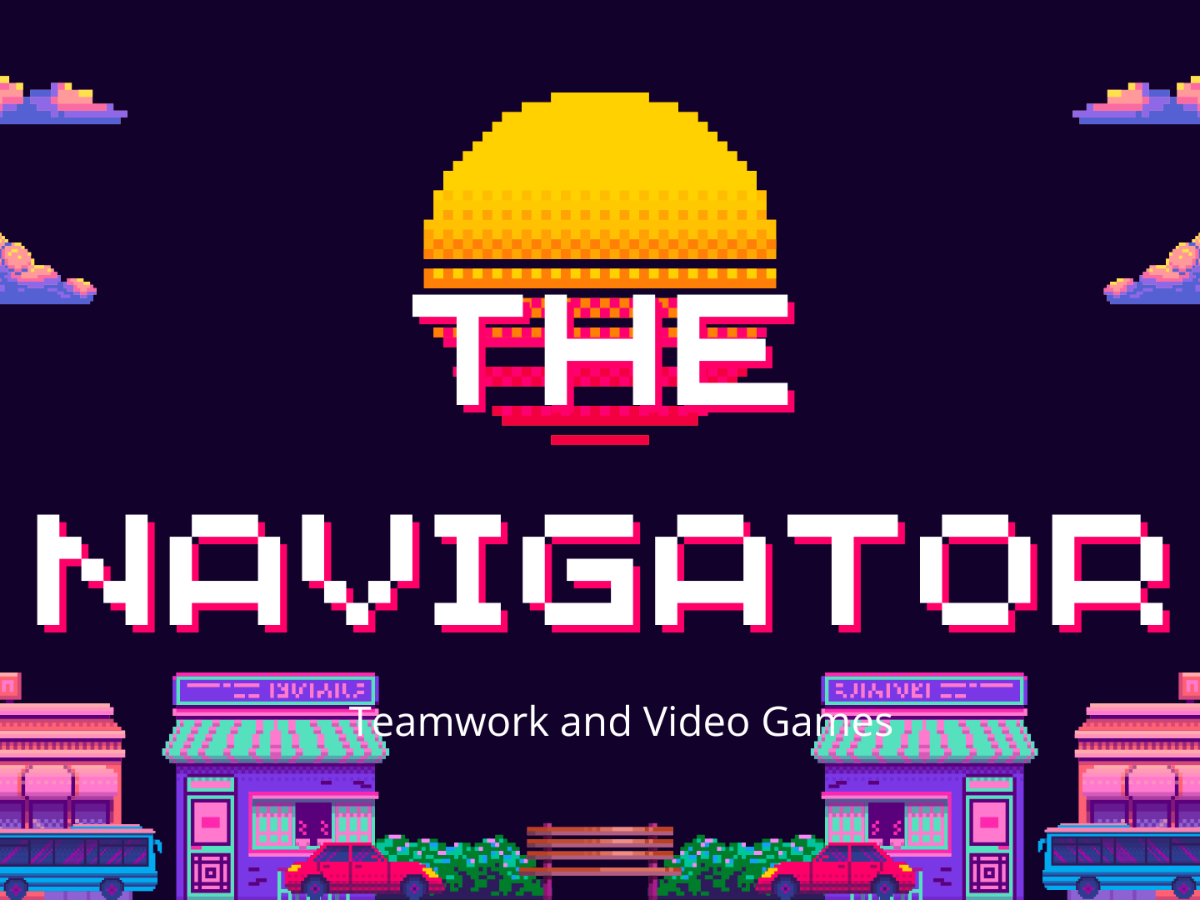Games and Their Impact
By Jared L.
Created in Canva
What makes games fun? Well there’s a lot of different reasons, but one key part is getting a reward or punishment based on your performance. In a board, card, or video game, the players get immediate answers or consequences to their actions. These systems of entertainment and the way they are presented provide some incredible opportunities.
In a board or card game, physical consequences occur in real time, as playing a card wrong may result in a loss of a round. On the other end of the spectrum, a good play or decision made by the player results in a win or a step closer to winning. If you're playing Risk, your decision to attack China may not have been a wise decision, and in turn your troops adjacent to that spot get taken out! This quick response time of consequence encourages and excites players, resulting in players continuing to play and enjoy, as well as come back to play a second or third time.
In video games, we get a similar concept. Similar to physical games, the consequences of actions are directly incorporated into the action you take. In fact,these consequences could mean restarting or losing an opportunity for a much needed item. Random events make every decision count and encourage quick thinking.
So what’s the benefit? If games are so popular, do they drive any positive learning experience for growth? The answer is an interesting one, as games often grow internal processes without making it evident until later. Reflexes can be grown in certain video games like shooters, as other players are trying to eliminate you at every turn, and fast reflexes give you the reward of eliminating the other player before they can eliminate you! This helps in real world scenarios as having fast reflexes could aid in so many ways, some even being lifesaving. Strategy is another large piece constantly grown in both mediums of games, as each game builds a new system of plans to make the next game or match successful. Each match and each game teaches the player something new (if their mindset is right and willing to learn) that helps them improve for the next time. This, in turn, can be applied to real-world scenarios. The mentality of trying and trying again provides good work ethic and fast improvement.
Games provide educational entertainment in unexpected ways. A large part of this educational system is thanks to the immediate consequences each game provides. Look out for the re-opening for both the Board Game Club and the Video Game Club to interact and talk to likeminded people! Discuss strategies or tell tales of woe with one another in a safe community.
Columns: 🔎Informational
Jared L has been at NSA for six years and at The Navigator for three. He lives in the United States and is beginning his pursuit into the veterinarian world of studies. He enjoys when he can allow his creativity to run wild with his hobbies of building Lego sets and painting Warhammer.

